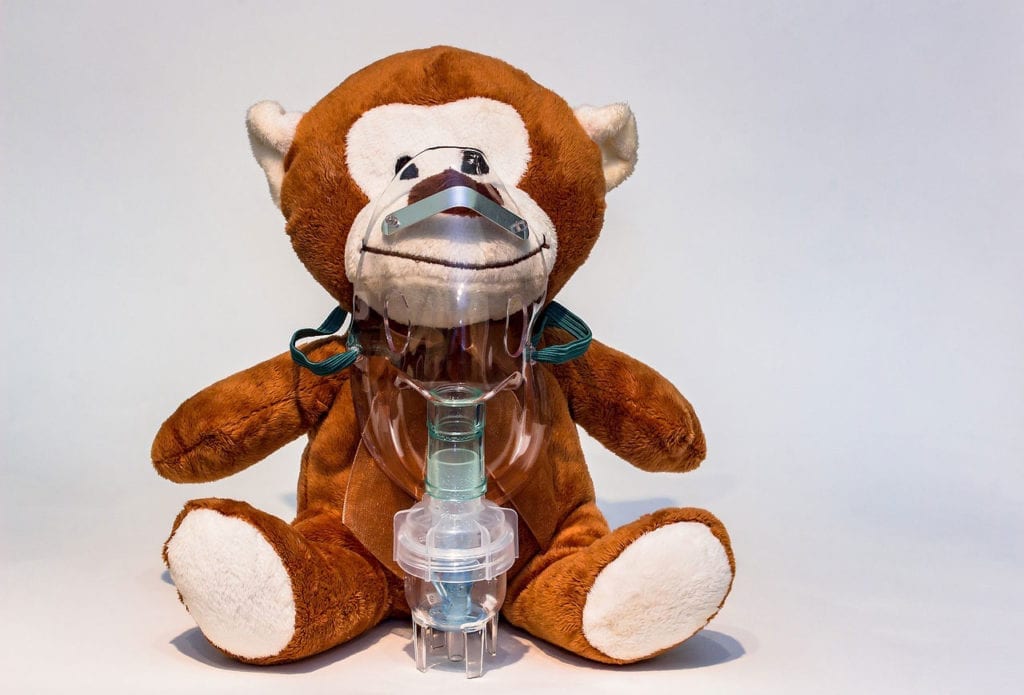Earlier this year, the MHRA in the United Kingdom expanded the license for Kaftrio, a treatment option for patients with cystic fibrosis (CF). When this expansion occurred, allowing for the treatment of children aged 6-11, over 1,300 children with CF became eligible for Kaftrio treatment. According to ITV News, 7-year-old Kate Farrer was one of these children.
Kate’s mother, Catherine, had been campaigning for medication access for her daughter for years. Now, both Catherine and Kate are excited for the future. Kate has even said that she looks forward to life being more fair now that she has this treatment option.
Kate’s Story
Altogether, there are over eight thousand people in the United Kingdom with cystic fibrosis; this is one of the largest CF communities across the globe. The expanded Kaftrio license means that more patients will be able to access this therapy.
For Kate, she hopes that it will help her embrace more of her childhood – and have more fun! Kate has always been somewhat active. She loves playing sports, being a gymnast, and hanging out with her friends. But her cystic fibrosis makes her easily fatigued and her 90 minutes of daily physiotherapy can be time-consuming. When Kate gets sick with pneumonia or other illnesses, and has to be hospitalized, it also interrupts her daily life.
So, shares Kate, she is thrilled that Kaftrio will change her life for the better. In fact, after taking her first dose of Kaftrio, she was even able to feel some results within just a few hours! Catherine shares that the drug has helped her daughter cough up some more mucus and breathe more easily.
What is Kaftrio?
Kaftrio, marketed in the United States as TRIKAFTA, was developed by Vertex Pharmaceuticals. According to the Cystic Fibrosis Trust, Kaftrio is:
A triple-combination therapy made up of three different compounds, tezacaftor and ivacaftor (which together make up Symkevi) combined with elexacaftor.
Data from clinical trials highlights the drug’s ability to increase lung function by 10-14%. The treatment, administered two times daily, has the potential to greatly improve the quality of life for those with cystic fibrosis.
About Cystic Fibrosis (CF)
CFTR gene mutations, which affect salt movement regulation in the body, cause cystic fibrosis (CF). This rare genetic condition affects both the respiratory and digestive systems. Altogether, the gene mutations cause the development of thick, sticky mucus which accumulates throughout the body, causing health issues. For example, when this thick mucus builds up in the respiratory system, it can cause lung damage or breathing issues; in the digestive system, it prevents digestive enzymes from being released. Cystic fibrosis is more common in Caucasian newborns than in newborns of other ethnicities. Symptoms include:
- Frequent lung infections
- Chronic coughing and wheezing
- Nasal stuffiness
- Shortness of breath and/or difficulty breathing
- Exercise intolerance
- Poor weight gain
- Constipation
- Salty skin
- Infertility (in men)







